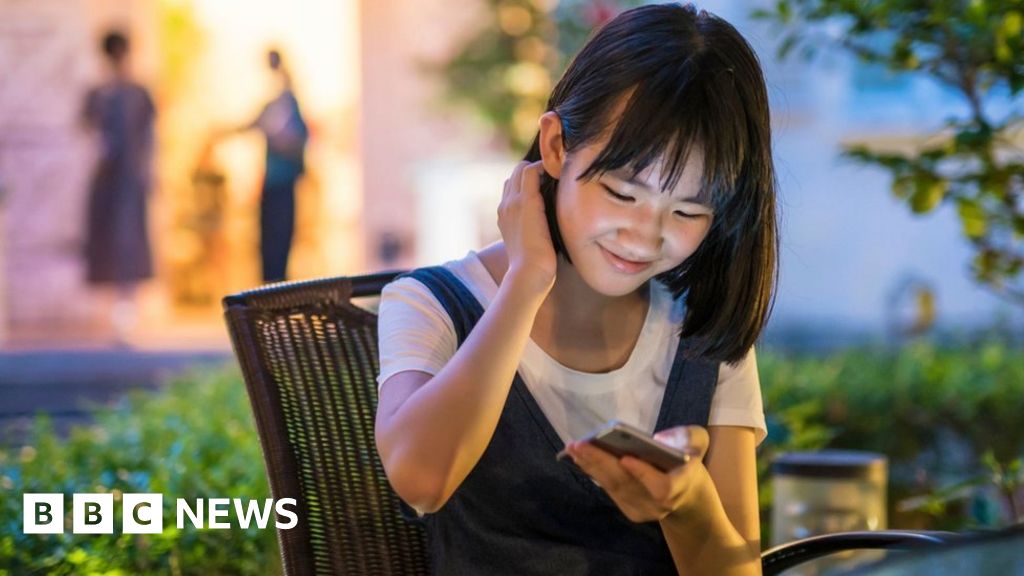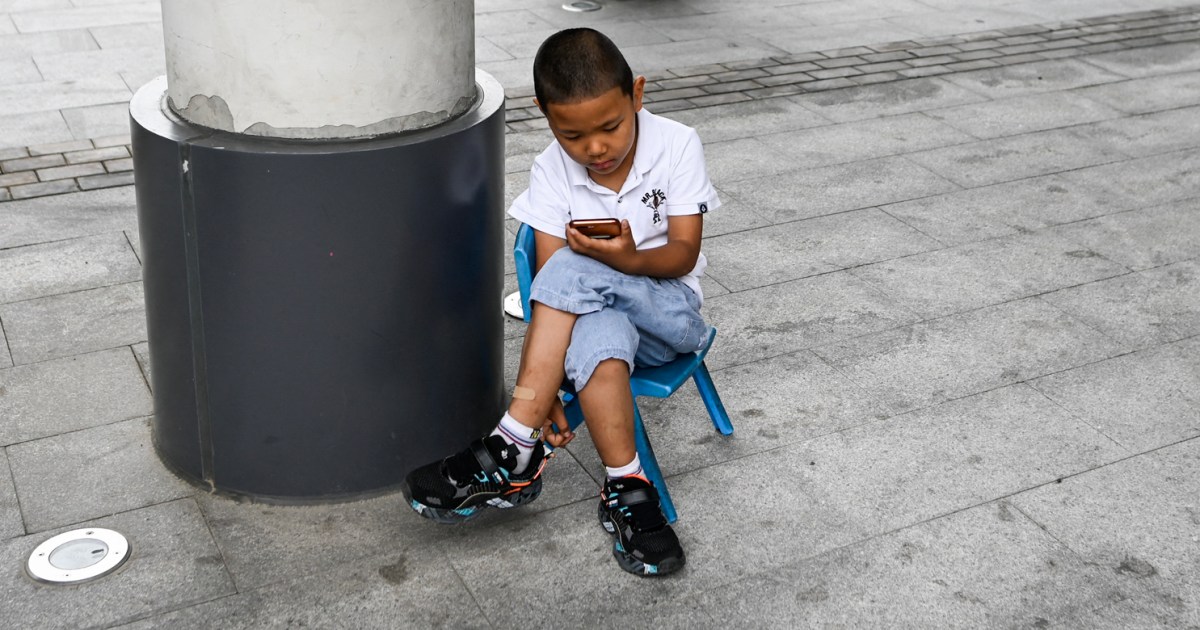the propaganda this guy spews in the video doesn't mention that everything Douyin does is because of chinas laws.

en.wikipedia.org
In November 2019, CAC imposed a curfew on online gaming for minors. The restrictions included banning children under 18 from gaming between 10 p.m and 8 a.m. In addition to that, these children were restricted to only 90 minutes of online gaming on weekdays and 3 hours on weekends and holidays.
[41] Extra restrictions were imposed on spending where 8 to 16 year old gamers were allowed to spend 200 yuan (£22, $29) per month while 16 to 18 year old only 400 yuan per month.
[41]
In August 2023, CAC proposed regulations to curb perceived internet addiction on minors. These regulations would limit minors between the ages of 16 and 18 to only 2 hours of mobile usage per day although they can be bypassed with permission from parents.
[42] Children under the age of 18 will be restricted from accessing the internet between 10 p.m and 6 a.m
[43] whereas children under age 8 will be allowed only 8 minutes a day.
[43] CAC says that online platforms will be responsible for the execution of the law if passed although the specific penalties were not disclosed in the event of failure to comply.
[42] The proposal is open to public feedback
[43] until September 2, 2023.
[42]
It's getting dangerously close to "game over" for some players in China: If you're under 18 and a fan of video games, you're now limited to just three hours of play a week.
Douyin users aged under 14 will be limited to 40 minutes a day on the platform.

www.bbc.com
Douyin, China’s version of TikTok, will limit use of the platform for children to 40 minutes a day.
The rules will apply to users under 14, who have been authenticated using their real names, and who will be able to access it between 06:00 and 22:00.
Parent company Bytedance announced the app’s Youth Mode in a blog post, saying it is the first short-video company in the industry to have these limits.
It comes as China cracks down on teenagers' use of technology.
According to Douyin's user agreement there is no minimum age on the platform, but under 18s must obtain the consent of a legal guardian. On sister app TikTok the minimum age is 13.
New educational content - including science experiments, museum exhibitions and historical explainers - has been launched by Douyin as part of Youth Mode.
“Yes, we are more strict with teenagers. We will work harder to provide quality content so that young people can learn and see the world,” the post said.
Tech crackdown
Last month,
under-18s in China were banned from playing video games during the week, and their play was restricted to just one hour on Fridays, weekends and holidays.
And in February,
Chinese children were banned from taking their mobile phones into school.
Analysis - Kerry Allen, BBC China media analyst
These regulations on China's version of TikTok have been a long time coming.
For the last three years, official media has been warning that the growing amount of time young Chinese people are spending on the internet is having an impact on their physical and mental health.
Data from social media agency
We Are Social suggests that Chinese people frequently spend more than five hours a day online, two hours of which is on social media.
Although this data doesn't include those under the age of 16, online learning has been very present in young Chinese people's lives over the last year because of Covid-19. Added to that,
official broadcaster CGTN says 95% of China's youth population is online nowadays - 183 million minors.
Back in 2018, China's regulators said that they were seeking to limit the amount of time that minors spent online, because of rising levels of near-sightedness among children.
Douyin, much like TikTok, is particularly popular with young audiences, and so China's top regulator, the Cyberspace Administration of China, has urged it to "create a good cyberspace environment for the healthy development of young people".
Back in 2019, Douyin and rival service
Kuaishou began trialling "anti-addiction measures". They introduced child locks, and experimented with functions that could limit the amount of time children spent on these platforms.
Part of a new focus on reducing kids’ screen time

www.theverge.com
Proposed new rules that would limit screen time to a maximum of two hours a day for people under the age of 18.

www.nbcnews.com



 Did you already forget what Trump tried to do?
Did you already forget what Trump tried to do?




 the effect TikTok has had on American society is an intended second order effect. Just because China sells us a bunch of lead-infused knockoffs doesn't mean they have our best interests in mind.
the effect TikTok has had on American society is an intended second order effect. Just because China sells us a bunch of lead-infused knockoffs doesn't mean they have our best interests in mind.